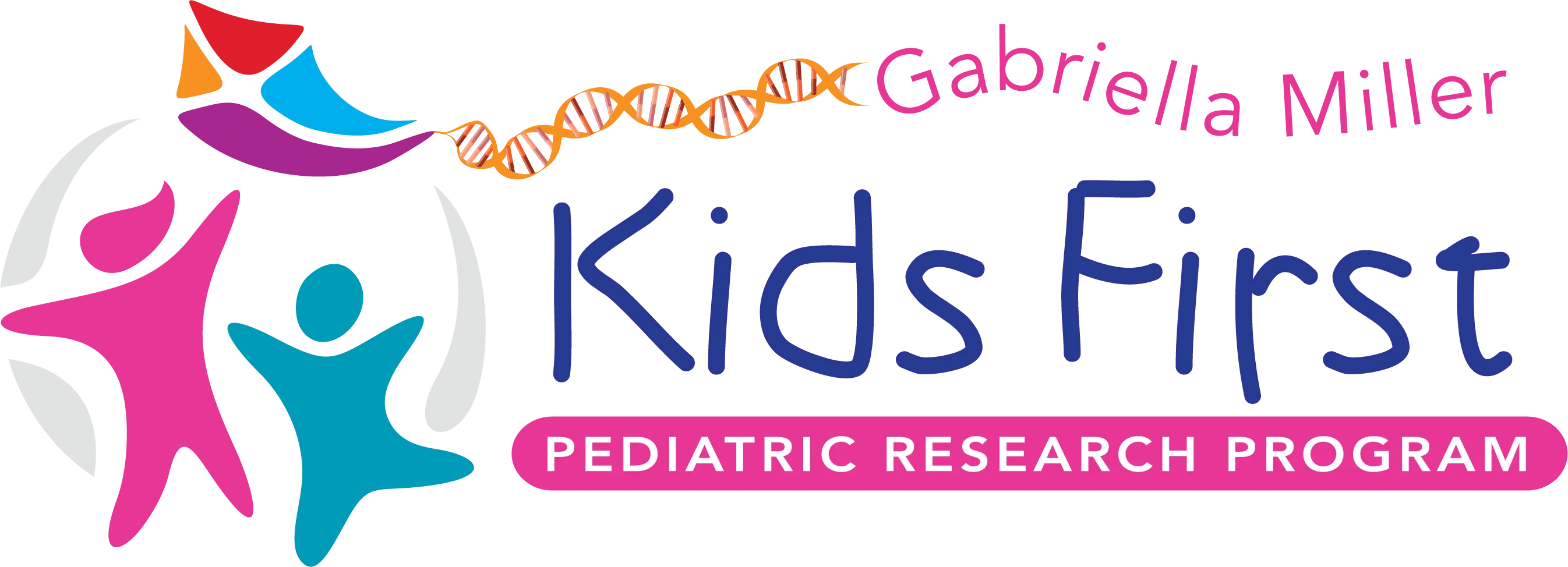
Introduction
The Gabriella Miller Kids First Pediatric Research Program (Kids First) is supported by the NIH Common Fund and focuses of the use of genomic information to drive discoveries into childhood cancers, structural birth defects, and other rare pediatric disorders. Like Kids First, the NIH’s INCLUDE Project and NHLBI’s TOPMed Program apply genomic data and technology to improve health for people with Down syndrome (DS) and our understanding of the underlaying causes of heart, lung, blood, and sleep (HLBS) disorders, respectively.
DS is one of the strongest risk factors for both congenital heart disease and acute leukemia, but research has yet to discover why this is the case. Since a key aspect of Kids First is to help uncover connections between structural birth defects and childhood cancers, the program will partner with INCLUDE and TOPMed to advance our understanding the biological factors that may lead to both heart disease and leukemia in individuals with DS. Ultimately these discoveries may support the development of new treatments for children with DS who are at risk for structural birth defects and cancer. All data generated through this study will be made accessible within dbGaP and the Kids First Data Resource Portal.
Additional Pediatric Cardiac Genetics Consortium (PCGC) data from children affected with Down syndrome and congenital heart disease are accessible through two separate dbGaP studies: phs001138 (Kids First) and phs001194 (TOPMed).
Principal Investigators
Sherman, Stephanie, PhD
About
The Gabriella Miller Kids First Pediatric Research Program (Kids First) is a trans-NIH effort initiated in response to the 2014 Gabriella Miller Kids First Research Act and supported by the NIH Common Fund. This program focuses on gene discovery in pediatric cancers and structural birth defects and the development of the Gabriella Miller Kids First Pediatric Data Resource (Kids First Data Resource).
This project is a collaboration with the trans-NIH INvestigation of Co-occurring conditions across the Lifespan to Understand Down syndromE (INCLUDE) Project, which seeks to improve health and quality-of-life for individuals with Down syndrome, and NHLBI's TransOmics for Precision Medicine (TOPMed) program, which seeks to apply omics technologies to improve scientific understanding of the fundamental biological processes that underlie heart, lung, blood, and sleep (HLBS) disorders.
All of the WGS and phenotypic data from this study are accessible through dbGaP and kidsfirstdrc.org, where other Kids First datasets can also be accessed.
Down syndrome (DS), which occurs due to trisomy 21, is one of the strongest risk factors for both congenital heart disease (CHD) and acute leukemia. For instance, children with DS have a 2000-fold increased risk of atrioventricular septal defects (AVSD) and a 20-fold increased risk of acute lymphoblastic leukemia (ALL). An important and innovative aspect of the Kids First program is understanding the overlap between structural birth defects and childhood cancer.
Notably, the background of DS predisposes children to both of these phenotypes, however, the genomic architecture of risk remains largely undiscovered. In this joint Kids First/TOPMed/INCLUDE project, we are currently including >2,000 samples for whole-genome sequencing, including: 1) paired germline-tumor samples from children with DS-ALL; and 2) samples from families with DS-CHD. This work will advance our understanding of the developmental pathways that may lead to both structural birth defects and childhood cancer.
The objectives of this study are to determine the genetic variants underlying AVSD and ALL risk in children with DS. Therefore, the aims of our study are: 1) compare whole-genome sequencing (WGS) data between children with documented DS-AVSD and children with DS who have structurally normal hearts to identify genetic variants that perturb heart development; and 2) compare WGS data between children with documented DS-ALL and children (from Aim 1) with DS who do not have a known history of ALL. We will also examine associations between germline mutations and somatic genomic features. This study will address the fundamental question of why children with DS have an elevated risk of AVSD and ALL. Insights into the genes that drive DS-AVSD and DS-ALL may have implications for improved genetic counseling, surveillance, clinical management, and treatment strategies for these children. Additionally, our findings may inform targeted therapies or interventions for children without DS who are at risk for structural birth defects and cancer.